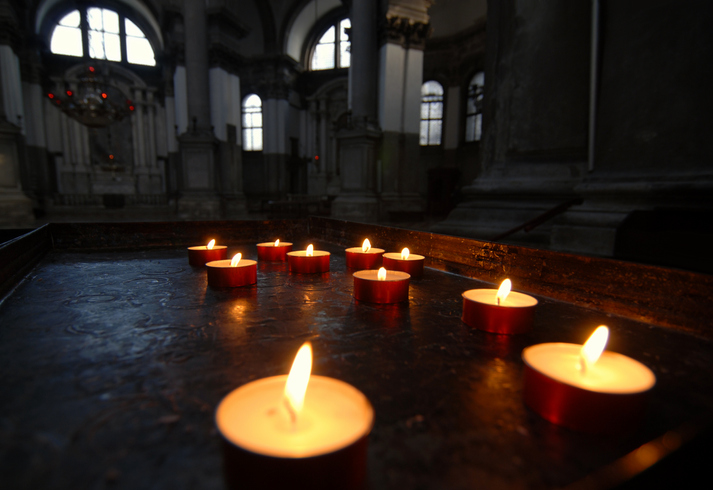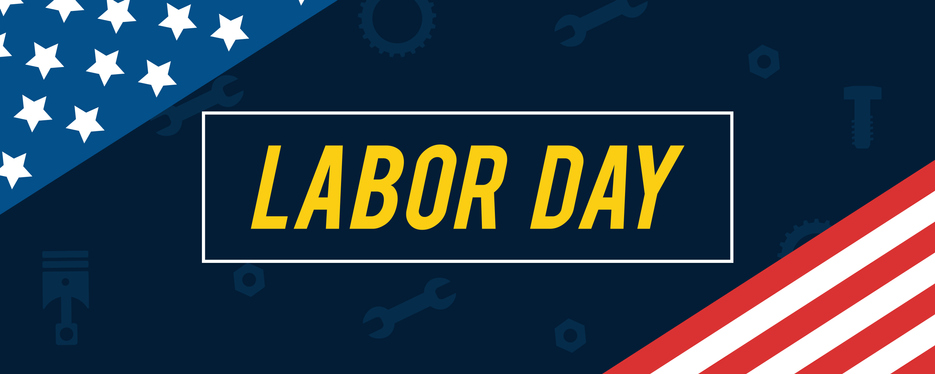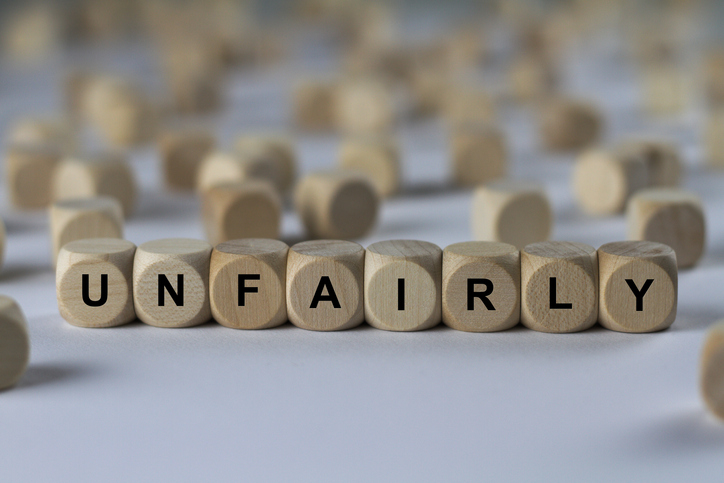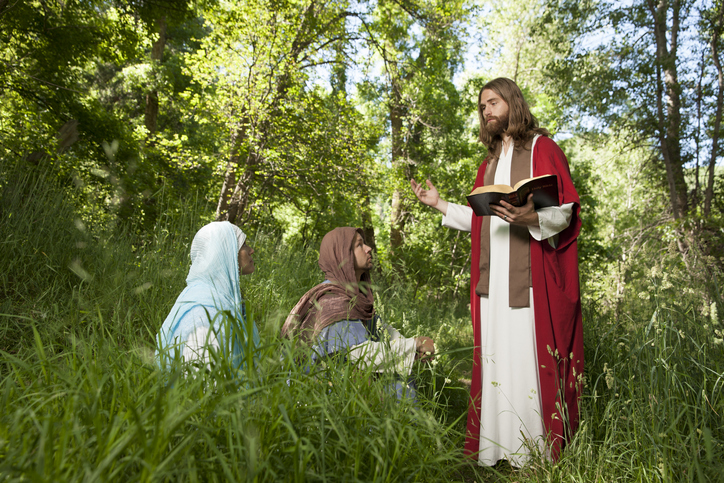Oh, how I’ve been struggling with today’s readings. They appear straightforward, telling us to kneel before God, giving praise and rejoicing, as well as rejoicing among the angels for what was lost (either coin or sheep or sinner) that has been found. Excellent news, right?
Yet in the lines preceding this excellent news, St. Paul is quite blunt. Paul asks why we judge or look down on our brothers and sisters, as each of us will be judged by God. Startled, I went back through the reading several times. What kept popping up in my mind’s eye was my own family and friendships. How many times have I judged or looked down on my family and friends? How many times have I let my own pride come into any given situation and then passed judgment on those who have meant the most to me?
As I continued to reflect on this, I read the Gospel. Here, Jesus addresses the Pharisees and scribes who were also judging, saying (can’t you just hear the disdain of their voices in your head), “This man welcomes sinners and eats with them.” Wait a minute, isn’t this kind of a similar situation as with the older brother from the prodigal son parable? Didn’t the brother’s pride and judgment keep him from seeing the bigger picture about his brother’s return home, which was the whole reason the father killed the fatted calf? Wasn’t the brother lost and then found? The father forgives and rejoices at his youngest son’s return but the brother does not because of the way his little brother treated Dad and the gifts little bro was given.
Herein lies my problem. I’m both the big brother (ok, big sister) and the Pharisees. I have judged and withheld compassion and forgiveness from my family and friends. This is really hitting me hard as plans are being made for Thanksgiving and other upcoming holidays. I continue to forget that forgiveness is a two-way street; God forgives me (unconditionally), and I must also forgive those in my life. If I hold onto my judgments and the injury, I will not be able to move forward and rejoice over what was lost. Healing can’t happen if we don’t let go. Think of it as cleaning a wound. A wound will fester and decay if the infection isn’t removed. If left untreated, an injury or wound can kill us.
I hear the nay-sayers now, exclaiming, “Overreaction!” Think about it, though, timely intervention can save lives, both medically and spiritually. For spiritual healing, I need to bring my righteous judgment, indignation, and hurts to God, my Father, in confession. I have to keep in perspective that my family or friends may have no idea how I feel about the many situations that have been poisoning me for any given period of time. They may not even know that they have hurt me.
With this in mind, I need to ask for sincere healing before I go to receive Eucharist. “Lord, I am not worthy that you should enter under my roof, but only say the word, and I shall be healed.” These are powerful words, especially in light of the fact that I will never know when this day will be my last day. Honestly, I don’t want to be carrying this kind of baggage with me throughout my daily life, let alone into my eternal life.
I can hear a couple of my kids right now saying, “Don’t be so dramatic Mom.” While the other is saying, “Mom, promise you won’t die soon!” And I have to laugh because I am rejoicing that I have found the lost coin after sweeping my house. I have to remember to keep sweeping so as to uncover those things in my life that I am allowing to poison me and let them go.

Beth is part of the customer care team at Diocesan. She brings a unique depth of experience to the group due to her time spent in education, parish ministries, sales and the service industry over the last 25 yrs. She is a practicing spiritual director as well as a Secular Franciscan (OFS). Beth is quick to offer a laugh, a prayer or smile to all she comes in contact with. Reach her here bprice@diocesan.com.











